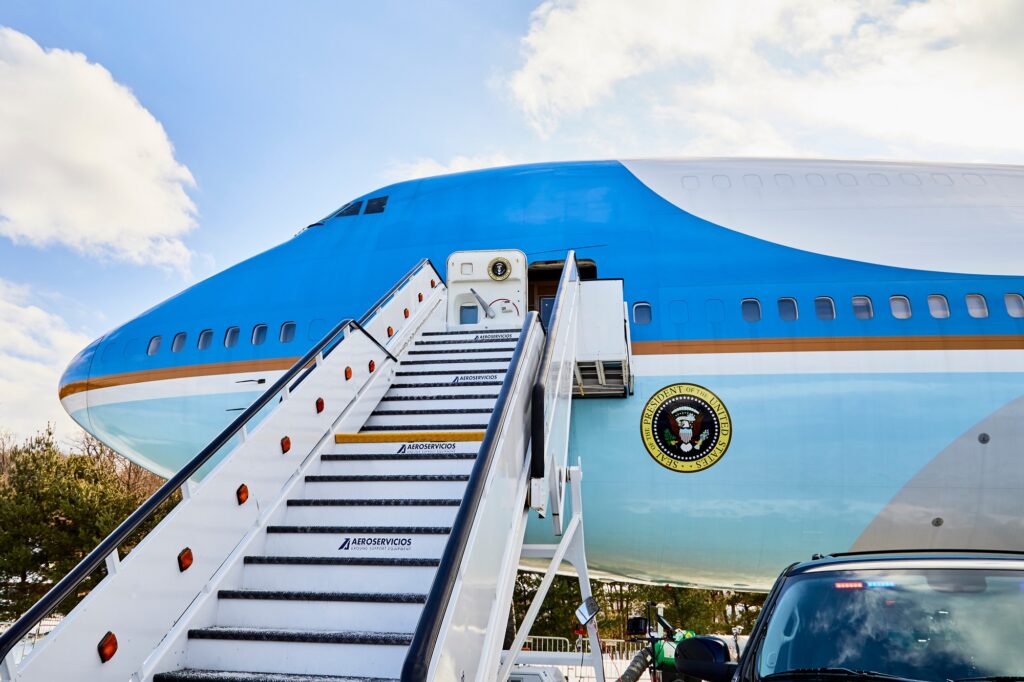Boeing is currently grappling with supply chain, inflation, and workforce challenges while building two Air Force One aircraft, admitted Ted Colbert, the head of Boeing Defense, Space & Security. The manufacturer has already lost over $2 billion on the program.
Colbert highlighted that Boeing has invested significantly in its workforce and training and has worked on enhancing efficiency and operations on the factory floor. According to Reuters, Boeing has faced losses exceeding $2 billion on the program for the two delayed U.S. presidential aircraft.
The U.S. Air Force currently operates two Boeing VC-25 aircraft, which are modified Boeing 747-200B models delivered in 1990. These aircraft are designated as “Air Force One” when the President is aboard.
The Air Force aims to replace the VC-25s with two new Boeing 747-8 models. Boeing signed a $3.9 billion contract for these new aircraft in 2018. Initially, the delivery of the new 747-8 aircraft for Air Force One was scheduled for December 2024.
However, it now seems that the delivery will be delayed until at least 2027 and 2028. Boeing is currently making extensive modifications to a pair of Boeing 747 wide-body aircraft for this project.
“Our team is fighting through a very, very challenging program—two very complex airplanes,” Colbert said.
“We’ve done a ton of investment in our workforce and training, efficiency, work on the factory floor,” the head of Boeing Defense, Space & Security concluded.
Air Force One is customized extensively to meet the President’s specific needs. This includes advanced navigation systems, defensive capabilities, and facilities for high-level meetings and secure communications.
The aircraft feature advanced defensive systems and countermeasures to protect against various threats, including missile attacks and electronic warfare. They are maintained to the highest standards to ensure readiness at a moment’s notice and often operate with a backup aircraft to ensure continuity.
